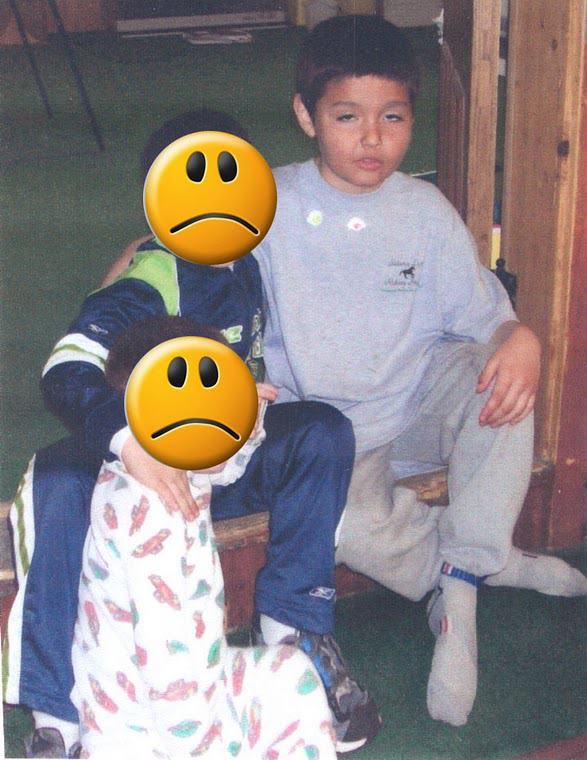Foster Parents; Did you know? CPS and relative placements. Part 1 of 4
August 28th, 2010 1:41 pm ET
Foster Parents: Did you know?
CPS Relative placements
Part 1 of 4
In this series we will explore the controversial subject; relative placements.
In the foster care system, most states have made provisions for relative placements, the statutes are often bypassed.
In other words; it is in the Statutes that instruct each CPS office make every effort to locate relatives immediately after the child (ren) are taken into custody in order to place them with family. However, many times even though relatives are located, as the statutes dictate, we find that relatives are often not contacted, considered, or interviewed as possible placements for the child (ren).
Clarification; even though relatives have successfully been located, relatives like; grandparents, uncles, aunts, who often stand by to assist children who been removed from their parents, the relatives are never considered for placement. Your examiner has witnessed these cases personally in serving as advocate for grandparents.
We offer you the following quotes, eliminating the non-essential wording. If you would like to read the entire report, compiled as of Jan. 2008, you may view it at the website below; Child Welfare Information Gateway. http://www.childwelfare.gov/systemwide/laws_policies/statutes/placement.cfm
Pay close attention to this one; In order for States to receive Federal payments for foster care and adoption assistance, Federal law requires that they "consider giving preference to an adult relative over a non-related caregiver when determining placement for a child, provided that the relative caregiver meets all relevant State child protection standards".
Here are some facts pertaining to relative placements;
Approximately 36 States and Puerto Rico give preference or priority to relative placements in their statutes remaining States use statutory language such as "may consider" placement with relatives.
Generally, preference is given to the child's grandparents, followed by aunts, uncles, adult siblings, and cousins.
Approximately 23 States and the District of Columbia require relatives to undergo a criminal background check.
Approximately 14 States and the District of Columbia have established "kinship care" or "relative caregiver" programs by statute to provide relatives with benefits to help offset the cost of caring for a placed child.
Nine States address foster care payments for kin caregivers in statute, benefits whether in money or services.
Approximately seven States also give preference to relatives when making adoptive placements.
http://www.examiner.com/foster-families-in-national/foster-parents-did-you-know-cps-and-relative-placements-part-1-of-4
Exposing Child UN-Protective Services and the Deceitful Practices They Use to Rip Families Apart/Where Relative Placement is NOT an Option, as Stated by a DCYF Supervisor
Unbiased Reporting
What I post on this Blog does not mean I agree with the articles or disagree. I call it Unbiased Reporting!
Isabella Brooke Knightly and Austin Gamez-Knightly

In Memory of my Loving Husband, William F. Knightly Jr. Murdered by ILLEGAL Palliative Care at a Nashua, NH Hospital
Subscribe to:
Post Comments (Atom)
No comments:
Post a Comment